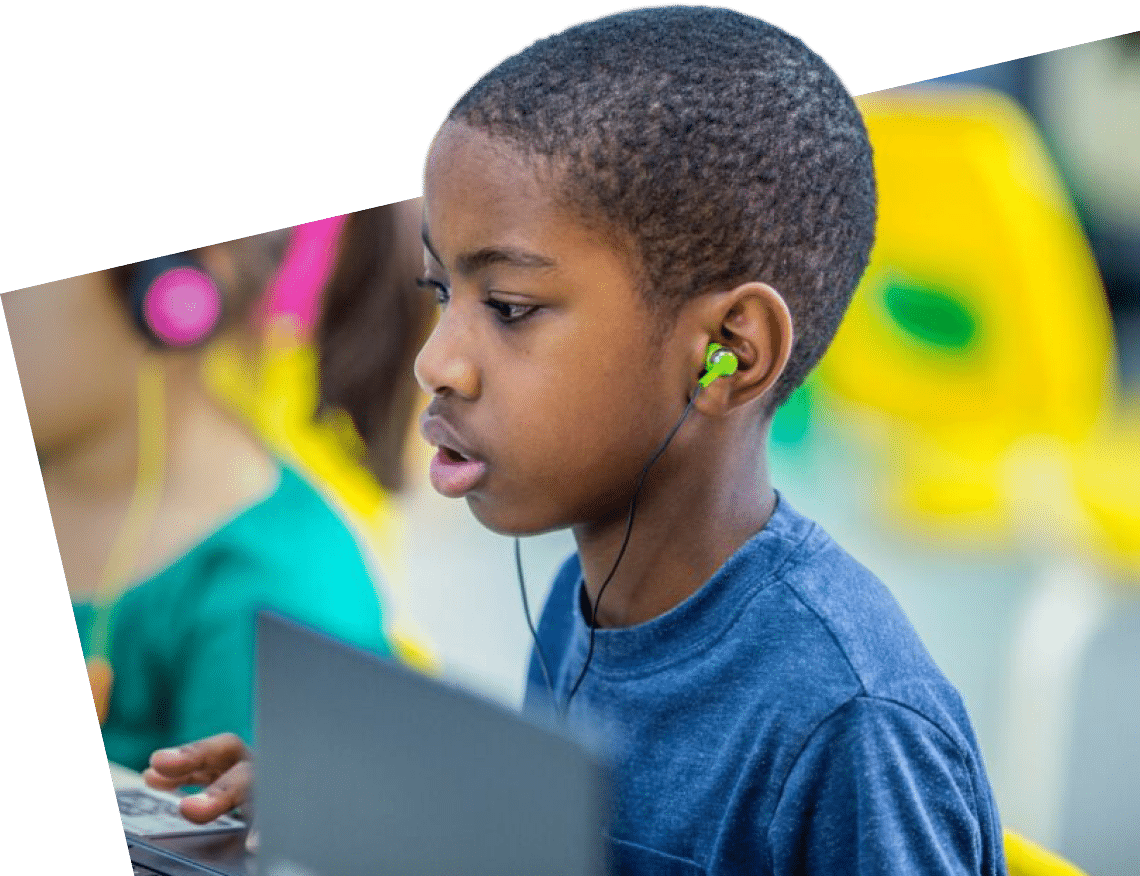17 April 2025
I Was Not a Successful Product of Education – The Autistic Teacher
To continue amplifying autistic voices during Autism Acceptance Month, one of our teachers, Richard Wood, has written a powerful reflection on his own experiences of mainstream schooling, offering insights into how these experiences continue to shape his perspective today.

It was last year, in my late thirties, that I learned I am autistic.
“Why would you want to the autistic label?” one person asked me.
I chuckled. I am autistic whether I have the label or not – only, with the label, I have vocabulary to explain my needs to others. And, if I had this label as a child, perhaps I wouldn’t have had the label of Problem Child instead.
I do not have positive memories of school. As a teenager, there were evenings I wished I wouldn’t wake so I didn’t have go back.
To explain why, I will need to return you to my experience at school using, The Spoon Theory.
The Spoon Theory
According to The Spoon Theory, we are all given a number of spoons to get through the day, and particularly challenging moments use up spoons. Imagine, for a moment, that I had twelve spoons to get me through the school day. Let’s start with…
Monday Morning. Lesson One.
I sit at my place, at my table. This is my place in the seating plan. It is part of my routine, which is crucial for me to function. I can get through this lesson as everything is arranged on my desk as I want it.
The teacher announces that she’s put some information sheets on all the tables, and we are to walk around and make notes about these information sheets. Other students are now going to walk past my place and disrupt how I’ve set things up.
Minus 1 spoon.
Afterwards, I sit down, tense and aggravated, and return my place to how I need it. The teacher then announces we’re going to do group work. The words that fill me with dread.
Minus 2 spoons.
Afterwards, we do a task on our own in silence. Finally! Because of this, I produce a piece of work I’m proud of.
The teacher then says we are going to do peer feedback. Another student will write feedback on my work in green pen.
Minus 3 spoons.
My legs are tense as a result losing these spoons, and they are cramping up. I stand up to stretch them. Whilst social convention says this isn’t appropriate during a lesson, I do not have an instinctive understanding of such social conventions – I only have the logic that I should be able to stretch my legs if they are cramping.
The following interaction with my teacher occurs:
“Why are you stood up?”
“My legs hurt.”
“Sit down!”
“Why are you shouting at me?”
“Are you answering me back?”
“No, I’m answering your question.”
“Get out!”
“I don’t understand why you’re shouting.”
“Get out now!”
I struggle with ambiguity and taking hints. I take things literally. So, when the teacher asks, “Why are you stood up?” or “Are you answering me back?” I take these as literal questions I am meant to answer, which was not how they were intended. Then, when they raise their voice, I struggle to understand their emotional response, and when I point this out, they take this as me being rude. I am in trouble, and I don’t know why.
Minus 3 spoons.
The next lesson, I am stimming, and the teacher says, “Stop fidgeting, it’s distracting.”
Minus 3 spoons. I’m out. Cue autistic shutdown. I’m then punished for being unresponsive when teachers talk to me.
This was my daily experience of school.
Becoming a teacher
I became a teacher because I wanted to do better; to be the teacher I never had. This has proven difficult under our current education system. Here some reasons why:
- The ‘Ofsted perfect lesson’ involves group work, interaction, peer feedback, and no off-topic tangents. This lesson does not cater for neurodivergent students.
- I once had a class of 25 children where almost all had an EHCP and half had ADHD. How can I possibly cater for all 25 in one lesson?
- The uniformity of school only caters for the perfect neurotypical child – it is tough to be made to force this such students every day.
- I still hear some teachers complain that “autistic students get away with being rude,” demonstrating a complete lack of understanding.
It is exhausting trying to fight against a system that frequently fails students like me. I cannot fix it as a lone teacher.
Working with Tute has given me the opportunity to more closely implement the classroom environment I believe we should offer neurodivergent students.
How do I do this?
I openly use a fidget toy whilst teaching. I imagine the difference it would make if I had a teacher openly stimming in front of me, rather than ridiculing me for me for my stims.
I don’t force group work on students.
I incorporate students’ special interests into the lesson when possible and allow brief tangents to validate students’ love of their special interests.
I encourage students to contribute on their terms. This works most effectively when they can answer questions anonymously in a poll.
I am direct and unambiguous with my instructions.
I don’t know where mainstream education goes from here, but Tute has given us the opportunity to show a different way of working.
We can demonstrate the advantages of an education system that caters for every student rather than adding to their trauma.
The problem is not with the student – the problem is with society. Once we fix the environment, we fix the problem.
So, let’s start fixing.
